The Ultimate Storage Upgrade for Compact PCs: The M.2 to SATA Adapter Card
In the world of DIY PC building, especially for home servers and Network Attached Storage (NAS) systems, the dream is often massive storage capacity. However, the reality is frequently a compact motherboard with only two or four available SATA ports. This physical limitation can stop a promising project in its tracks, leaving you to wonder how you can possibly connect all the drives you need without a large, expensive server-grade motherboard.
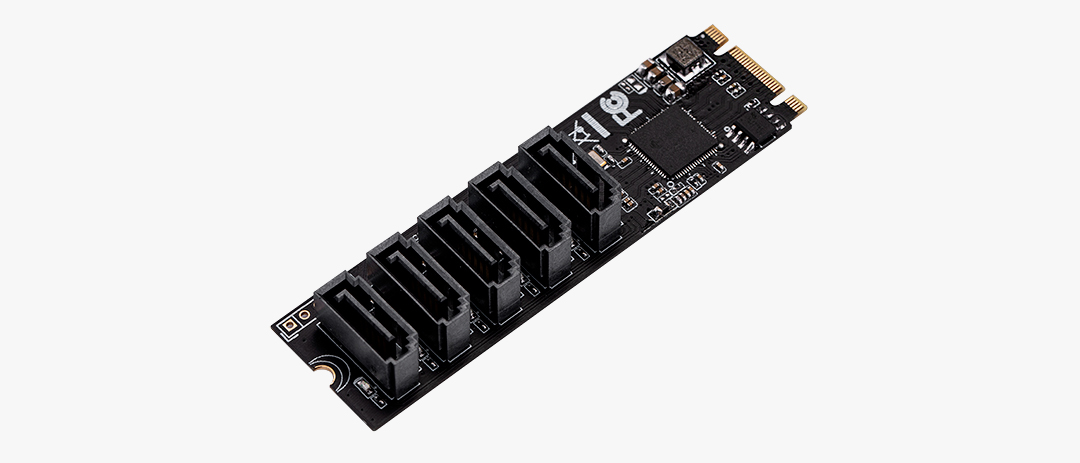
The solution is closer than you think. It lies in repurposing one of the most powerful and underutilized slots on your motherboard: the M.2 slot.
From Single Drive to Storage Hub
A new breed of hardware is empowering builders to overcome these limitations. The M.2 to SATA adapter card is a compact, powerful device that installs into a single M.2 slot and transforms it into a hub for multiple SATA hard drives or SSDs. It’s the ultimate space-saving solution for creating a storage-dense system.
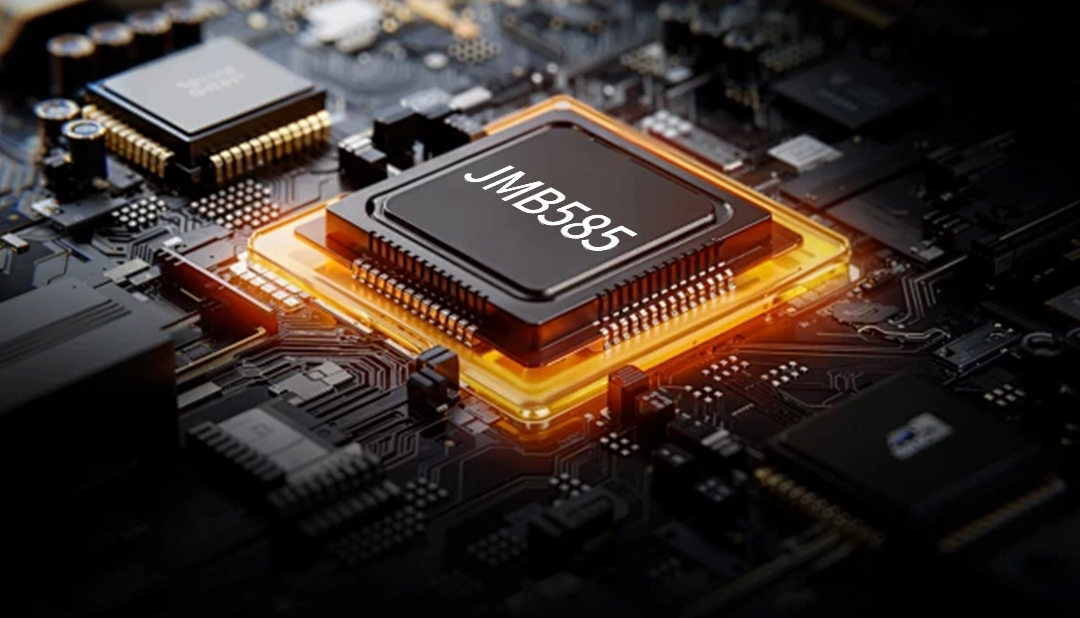
As a true M.2 PCIe to 5 port SATA card, this adapter instantly adds five full-speed SATA III 6Gbps connections to your build. This makes it the perfect M.2 SATA expansion card 5 ports for anyone looking to build a custom NAS for media streaming, a centralized backup server for the family, or simply expand the storage capacity of their desktop PC.
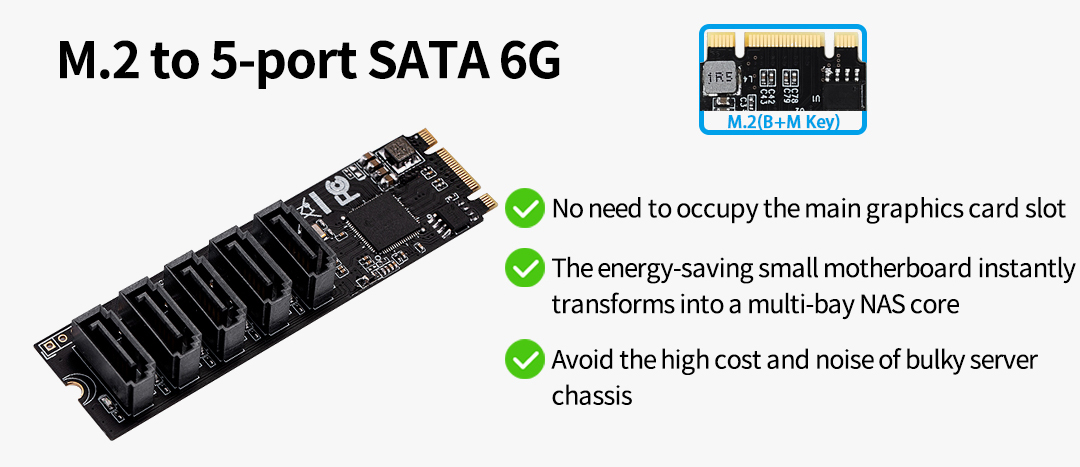
Reliable Performance, Powered by a Trusted Chipset
The performance and reliability of this adapter are anchored by its controller chip. As a JMB585 SATA adapter, it utilizes a chipset that is well-known and respected throughout the DIY community. The JMB585 is praised for its stability, solid throughput, and excellent compatibility, ensuring that all five connected drives are managed efficiently without bottlenecking your system.
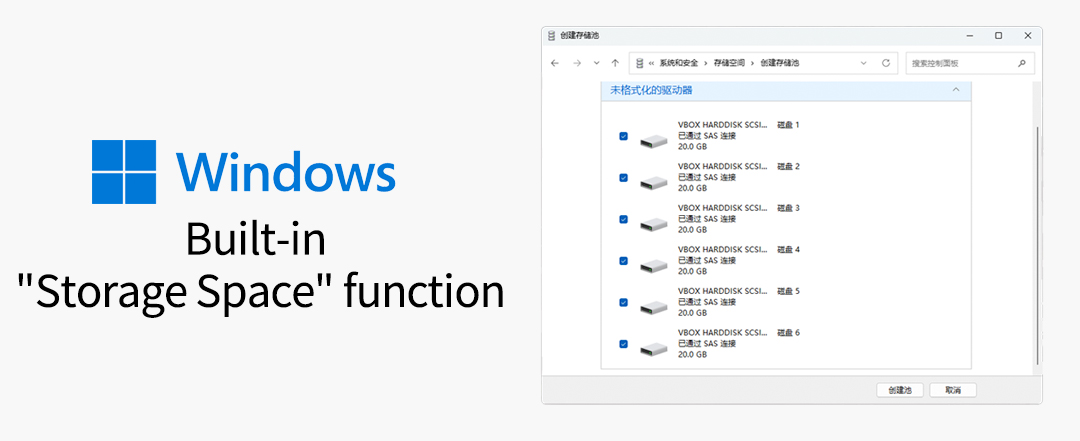
Advanced Capabilities for Power Users
For professionals and power users, this card offers more than just port multiplication. It’s a capable RAID SATA card M.2 PCIe that unlocks advanced storage configurations. While it’s not a hardware RAID controller, its direct PCIe connection allows you to leverage the powerful software RAID capabilities built into modern operating systems:
Windows: Use Storage Spaces to pool drives for capacity and resiliency.
Linux: Employ `mdadm` to create powerful and flexible arrays like RAID 0 (for speed), RAID 1 (for mirroring/protection), or RAID 5 (for a balance of both).
macOS: Configure RAID sets directly within Disk Utility.
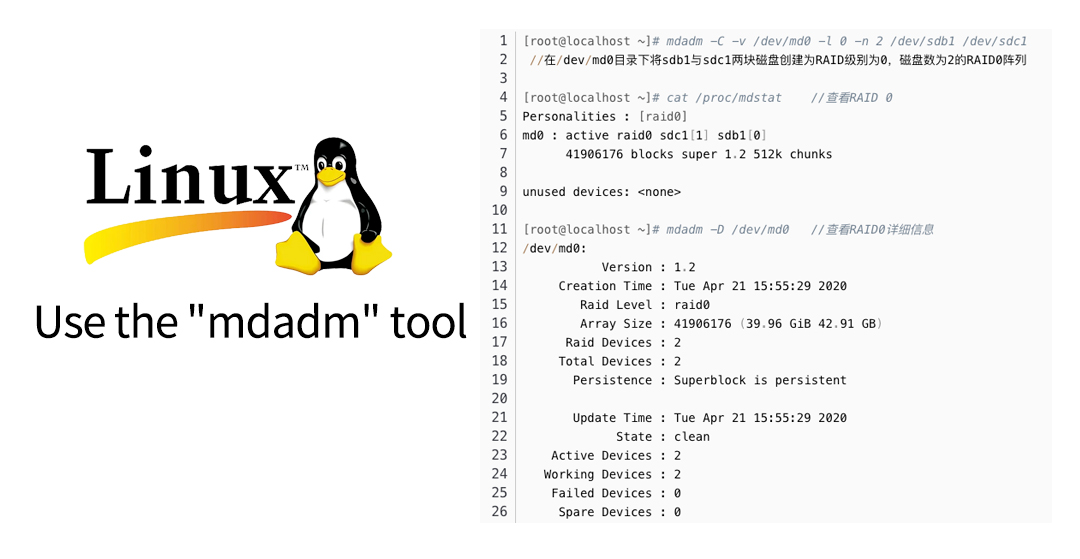
This capability allows you to build a fast, redundant, and high-capacity storage array that was previously only possible with bulky, dedicated RAID cards in full-size PCIe slots. It’s the ultimate tool for anyone serious about building a compact, high-capacity storage system.